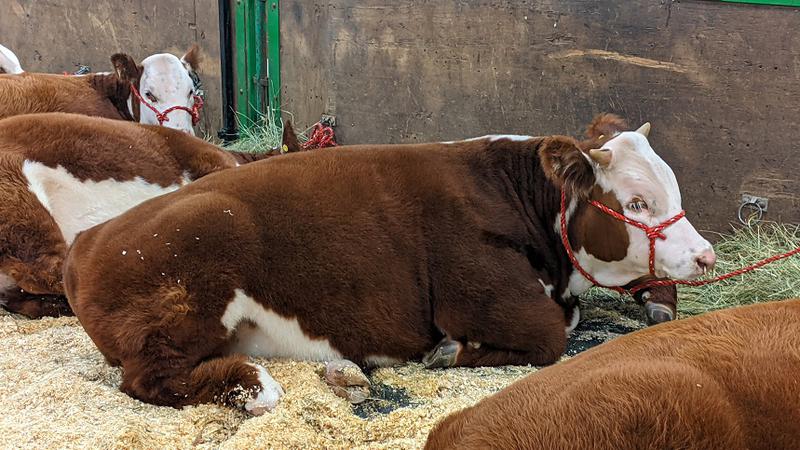
‘Very welcome news,’ cattlemen’s association says of Japan lifting beef restriction
After 20 years, Canadian beef producers will have full access to the Japanese market.
This will come as excellent news for Saskatchewan producers, according to Saskatchewan Cattlemen’s Association CEO Grant McLellan — especially since Japan is the third-biggest beef importer in the world.
“We feel very good about it. I mean, this is 20 years in the making that we finally get to see the final vestiges of some of those restrictions and trade blockages from Canada to Japan,” he said.
“We’ve seen even in the face of those challenges that Japan is our second-largest export market for Canadian beef. I know that we exported — I think in 2022 — $520 million in beef products, which even that was an 18 per cent increase over the previous year and 2021. So it’s definitely huge news, very welcome news.”

